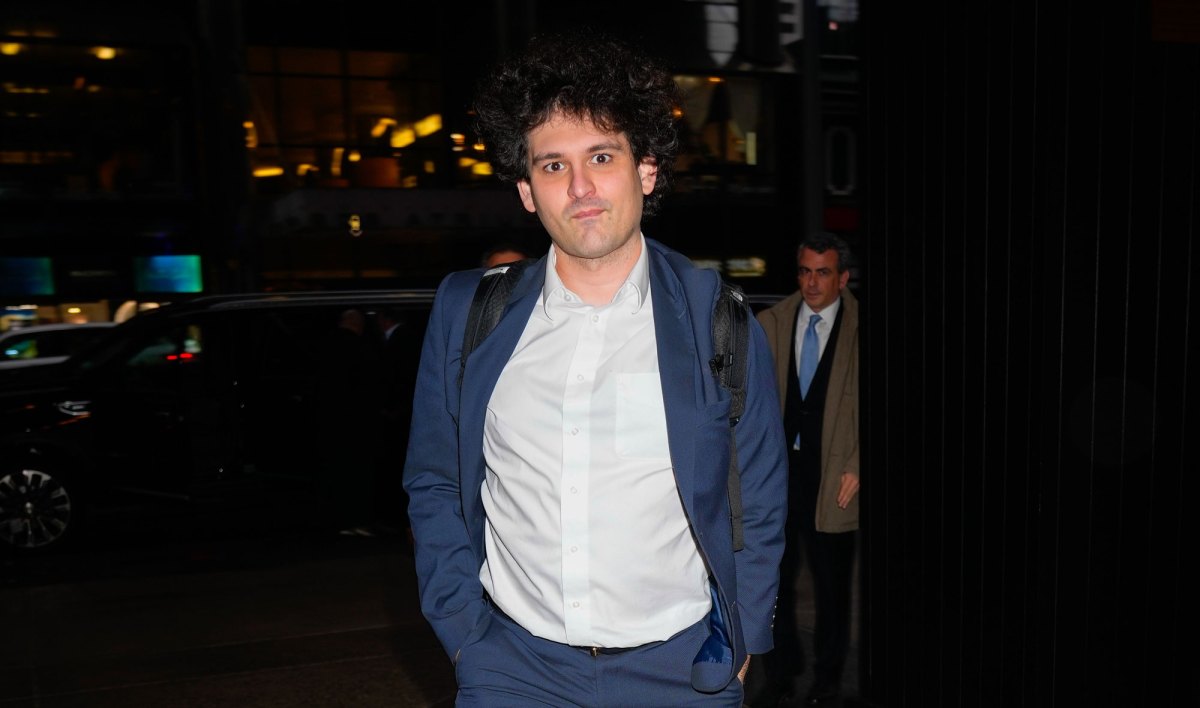How to Stop Google Bard From Storing Your Data and Location
With its most recent update, Google Bard can now sort through your trove of Google Docs, rediscover ancient Gmail messages, and search through every video on YouTube. Before experimenting too much with the new extensions available for Google’s chatbot, it’s worth going over the steps you can take to protect your privacy (and the ones you can’t).
Google Bard launched in March of this year, one month after OpenAI released ChatGPT to the public. You’re likely familiar with how chatbots are designed to mimic human conversation, but Google’s latest features are designed to give Bard more practical applications and uses.
But when every conversation you have with Bard is tracked, logged, and used again to train the AI, how can you trust it with your data? Here are some tips to protect your prompts and assert some control over what information you give Bard. Then we’ll discuss location data, for which Google sadly provides fewer privacy options.
The default Bard setting is to store every interaction you have with the chatbot for 18 months. In addition to your prompts, Bard stores your approximate location, IP address, and any physical addresses connected to your Google account for work or home. While the default settings are activated, any conversation you have with Bard could be selected for human review.
Want to turn this off? When you’re in the Bard Activity tab, you can stop it from autosaving your prompts and also delete any past interactions. “We give you this choice around Bard Activity, which you can turn on or off, if you want to keep your conversations [from being] human-reviewable,” says Jack Krawczyk, a product lead at Google for Bard.
After you turn off Bard Activity, your new chats are not submitted for human review, unless you report a specific interaction to Google. But there’s a catch: If you turn off Bard Activity, then you can’t use any of the chatbot’s extensions connecting the AI tool to Gmail, YouTube, and Google Docs.
Yes, you can choose to delete interactions with Bard manually, but the data might not be removed from Google servers until some point later, when the company decides to delete it (if ever). “To help Bard improve while protecting your privacy, we select a subset of conversations and use automated tools to help remove personally identifiable information,” a Google support page reads. The conversations selected for human review are no longer tied to your personal account, and these interactions are stored by Google for up to three years, even if you clear it out of your Bard Activity.
It’s also worth noting that any Bard conversation you want to share with friends or coworkers could potentially be indexed by Google Search. At the time of publication, multiple Bard interactions were accessible through Search, from a job hunter requesting advice when applying for a position at YouTube Music to someone asking for 50 different ingredients they could blend into protein powder.


